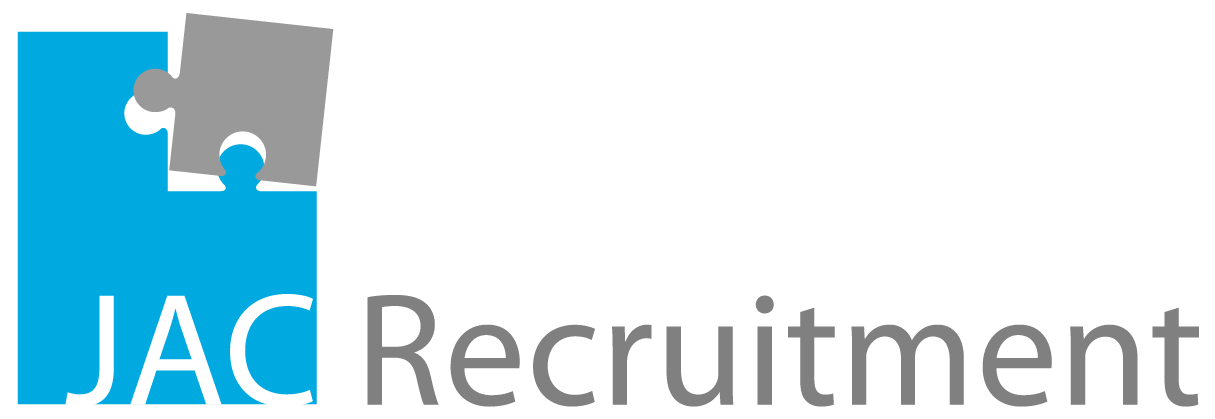Training Consult
Work location; Bangpoo, Samut Prakarn
Job Responsibilities:
Training Needs Analysis: Conduct assessments and collaborate with department heads to identify the organization's training needs. This involves analyzing skills gaps, performance issues, and employee development requirements.
Curriculum Design: Develop and design training materials, modules, and curricula that address the identified training needs. This may involve creating e-learning courses, workshops, webinars, and other training resources.
Program Delivery: Facilitate training sessions, workshops, and other learning experiences. This includes presenting information, conducting activities, and providing opportunities for skill development.
Learning Technology: Stay up to date with learning management systems (LMS), e-learning platforms, and other training technology to ensure the effective delivery of training programs.
Evaluation and Assessment: Assess the effectiveness of training programs by collecting feedback from participants and using metrics to measure the impact on employee performance and business results.
Continuous Improvement: Regularly review and update training materials and methods to ensure they remain relevant and effective. Adapt programs to changing business needs and technological advancements.
Budget Management: Develop and manage the training budget, ensuring cost-effective delivery of learning and development initiatives.
Compliance and Documentation: Ensure that all training programs comply with relevant laws, regulations, and industry standards. Maintain documentation and records related to training activities.
Employee Development Planning: Work with employees and managers to create individualized development plans that align with the organization's goals and the employee's career aspirations.
Job Qualifications:
Bachelor's degree in Human Resources, Education, Organizational Development, or a related field (Master's degree may be preferred).
Certification in training and development (e.g., CPLP - Certified Professional in Learning and Performance) is often beneficial.
Proven experience in instructional design, curriculum development, and training delivery.
Strong communication and presentation skills.
Proficiency in learning management systems and e-learning tools.
Analytical skills for assessing training program effectiveness.
Attention to detail and organizational skills.
Ability to work collaboratively and adapt to changing business needs.

